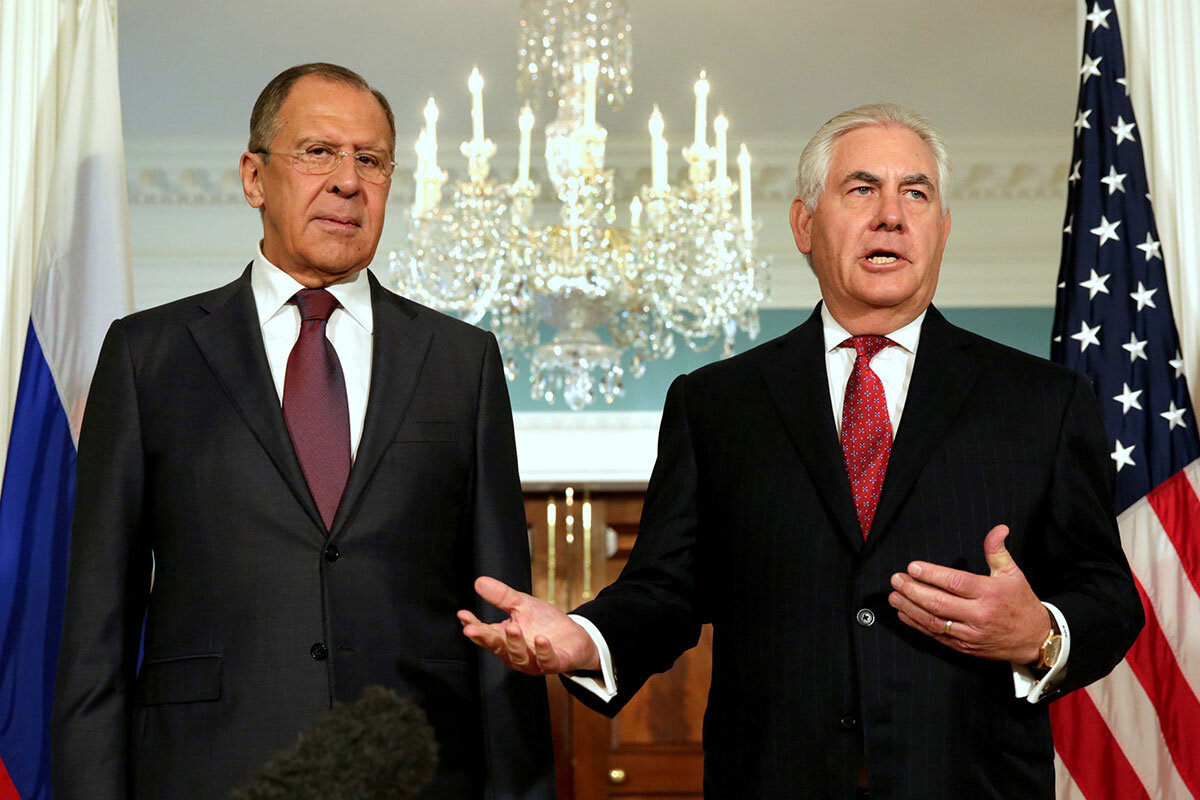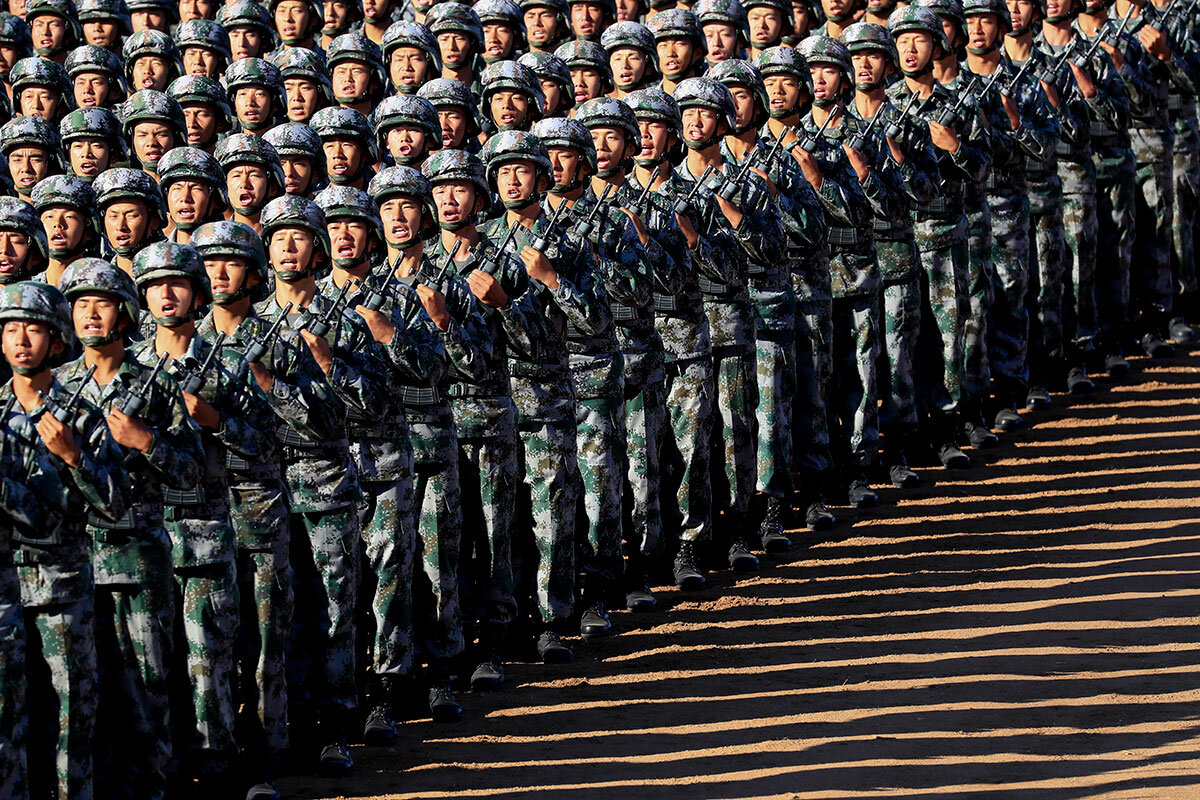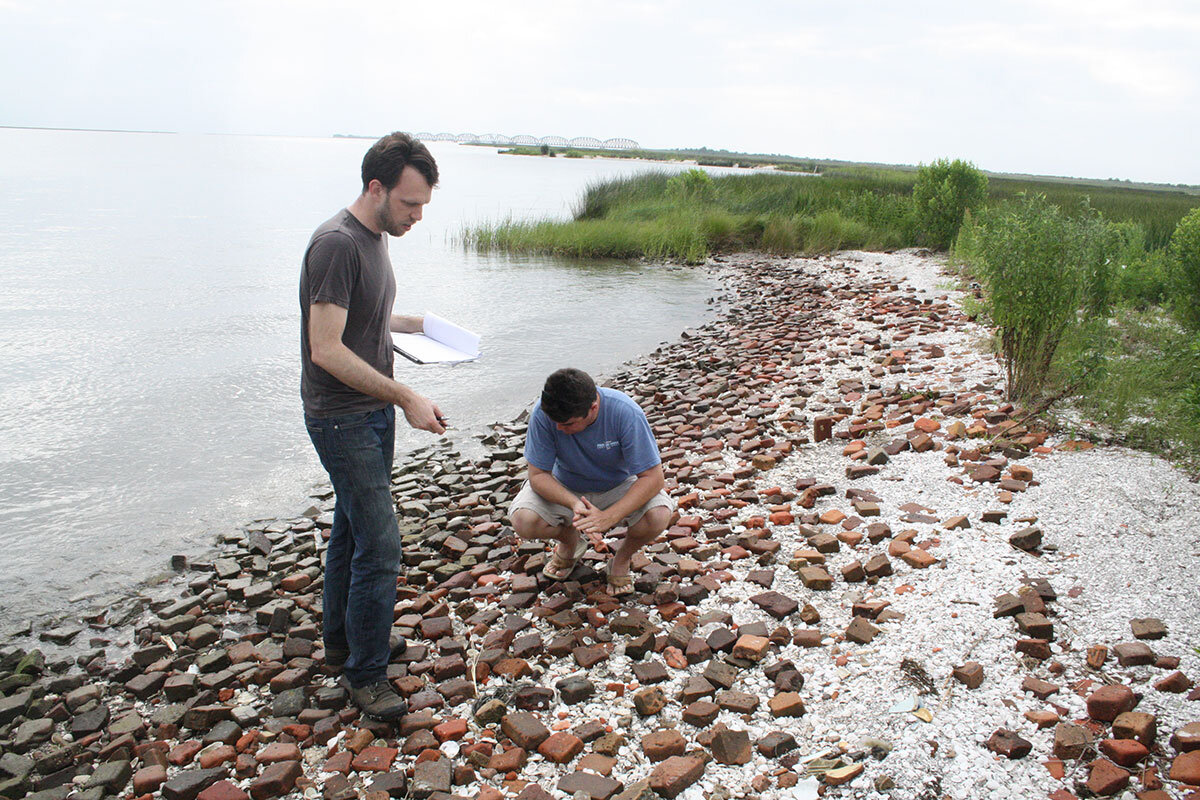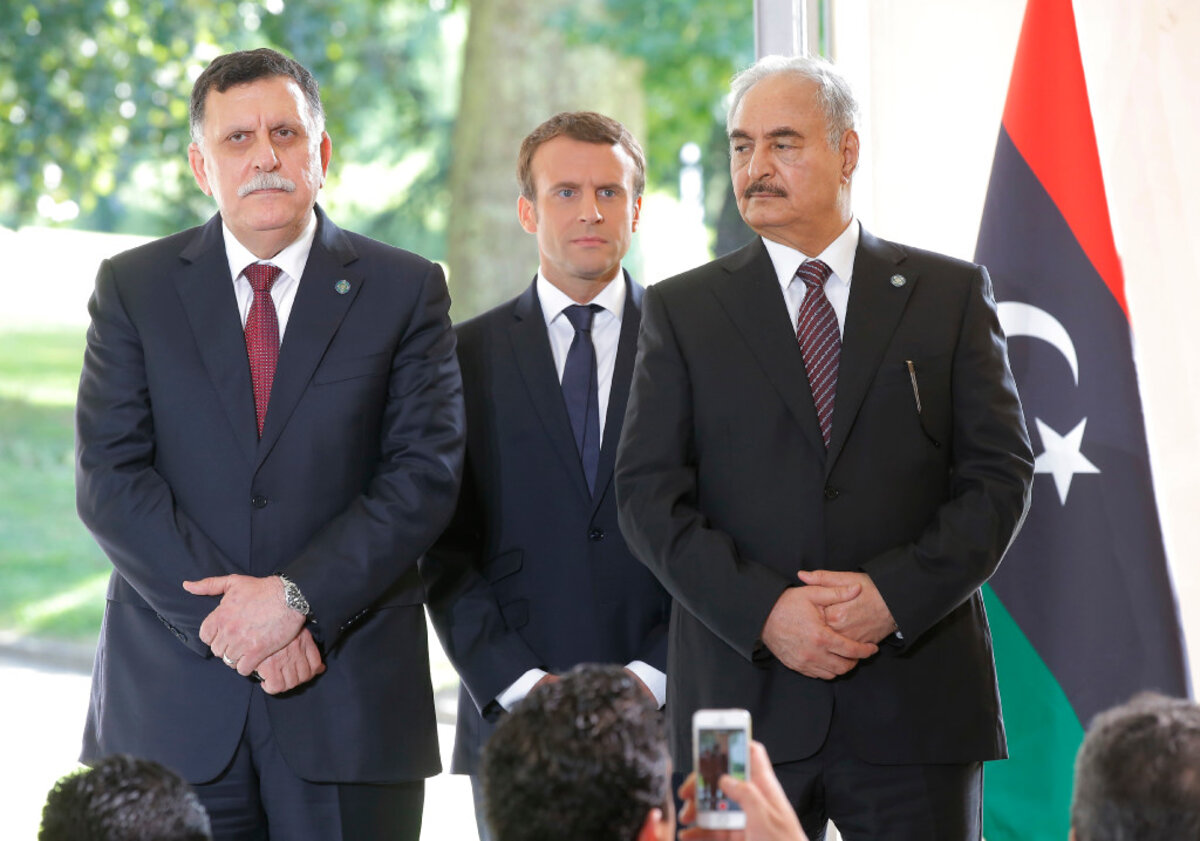In late July, the United Nations Security Council sent a strong message to the people of the country long called Libya: Please unite again. In 2011, Libyans were split apart by the Arab Spring and the toppling of dictator Muammar Qaddafi. A civil struggle has since raged between regions, tribes, warlords, and terrorist groups. A special UN envoy, Ghassan Salamé, is on a listening tour this August to find Libyans willing to reconcile into a democratic nation-state.
The art of diplomatic listening is a valuable skill these days in a world in which nation-states come and go. This fall, Kurds in Iraq and Catalans in Spain will each hold a referendum on whether to declare independence. The world’s newest nation, South Sudan, is convulsed by fighting. Kosovo, which declared independence from Serbia in 2008, is still not truly sovereign. Scotland may hold another vote on whether to leave Britain. Syria and Yemen, like Libya, fell apart after 2011 and are stuck in warfare. And in Ukraine, the Russian-speaking eastern region seeks a separation by force of arms.
Of all these, Libya now has the UN’s closest attention. This is in large part because its disintegration is causing big problems elsewhere. Libya has become the main launching pad for African and Arab migrants seeking asylum in Europe. An estimated 530,000 people are waiting to cross the Mediterranean Sea and land in Italy. Terrorist groups in Libya have sent suicide bombers to Europe and Egypt. And Libya’s turmoil has spilled over the borders into its North African neighbors.
Like other hot spots, Libya is also ripe for foreign meddling. Russia and Egypt side with the most powerful military leader, Khalifa Haftar, who dominates the eastern region. The West backs Fayez al-Sarraj, who holds the title of prime minister but has little influence outside the old capital, Tripoli. The Gulf states and Turkey, meanwhile, also have a finger in this pie.
To assist the UN effort, French President Emmanuel Macron brought the two Libyan leaders together for talks outside Paris last month. They forged an agreement to hold elections, perhaps next spring, and to quell the fighting. “The Libyan people need this peace, and the Mediterranean deserves this peace,” Mr. Macron said. “We are directly affected.”
The meeting helped boost the legitimacy of strongman Mr. Haftar, a former protégé of Mr. Qaddafi. Many people fear he may not be committed to democracy. But as long as he stays within the UN peace process, and outside powers stay united in reuniting Libya, the UN envoy might succeed.
Mr. Salamé, like previous mediators in the crisis, must tap into Libya’s traditional methods of peacemaking. For centuries, local tribal sheikhs often applied customary law to resolve disputes within communities and restore relationships. These “wise men” are respected for their listening and find a way to balance interests and renew social harmony. In the absence of state authority, this method has contained much of the fighting since 2011.
Peace and unity cannot be imposed on Libya. But effective listening that finds opportunities for political bonding can work. Statehood comes in many forms these days and seems to be fluid. But the path to statehood, old or new, must come peacefully.
 Mark Sappenfield
Mark Sappenfield










